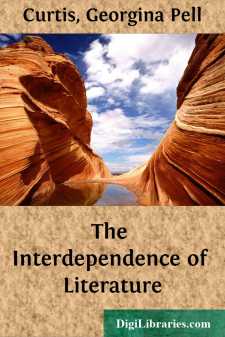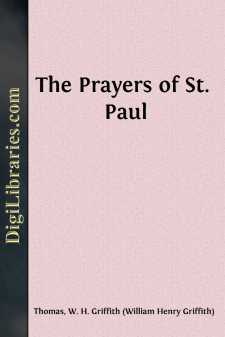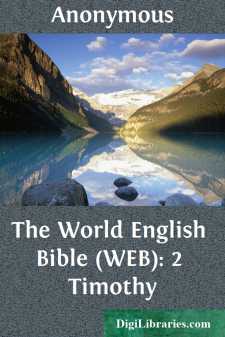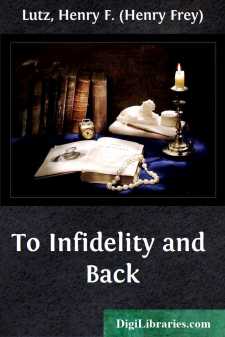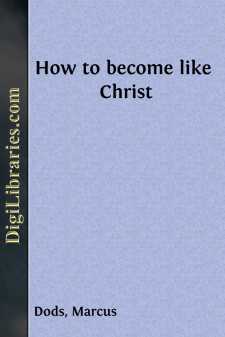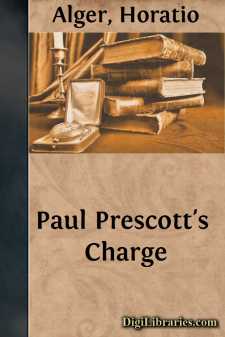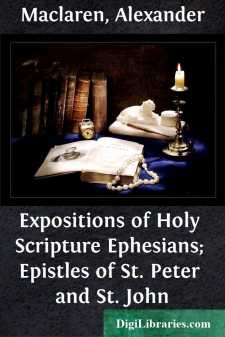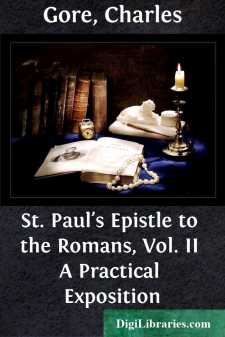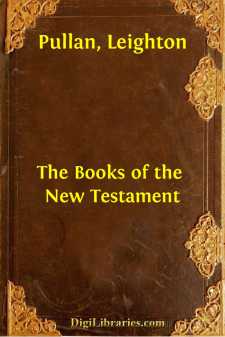Categories
- Antiques & Collectibles 13
- Architecture 36
- Art 48
- Bibles 22
- Biography & Autobiography 813
- Body, Mind & Spirit 142
- Business & Economics 28
- Children's Books 14
- Children's Fiction 11
- Computers 4
- Cooking 94
- Crafts & Hobbies 4
- Drama 346
- Education 46
- Family & Relationships 57
- Fiction 11829
- Games 19
- Gardening 17
- Health & Fitness 34
- History 1377
- House & Home 1
- Humor 147
- Juvenile Fiction 1873
- Juvenile Nonfiction 202
- Language Arts & Disciplines 88
- Law 16
- Literary Collections 686
- Literary Criticism 179
- Mathematics 13
- Medical 41
- Music 40
- Nature 179
- Non-Classifiable 1768
- Performing Arts 7
- Periodicals 1453
- Philosophy 64
- Photography 2
- Poetry 896
- Political Science 203
- Psychology 42
- Reference 154
- Religion 513
- Science 126
- Self-Help 84
- Social Science 81
- Sports & Recreation 34
- Study Aids 3
- Technology & Engineering 59
- Transportation 23
- Travel 463
- True Crime 29
The Interdependence of Literature
Categories:
Description:
Excerpt
ANCIENT BABYLONIAN AND EARLY HEBREW.
From the misty ages of bygone centuries to the present day there has been a gradual interlinking of the literatures of different countries. From the Orient to the Occident, from Europe to America, this slow weaving of the thoughts, tastes and beliefs of people of widely different races has been going on, and forms, indeed, a history by itself.
The forerunner and prophet of subsequent Christian literature is the Hebrew. It is not, however, the first complete written literature, as it was supposed to be until a few years ago.
The oldest Semitic texts reach back to the time of Anemurabi, who was contemporaneous with Abraham, five hundred years before Moses. These Semites possessed a literature and script which they largely borrowed from the older non-Semitic races in the localities where the posterity of Thare and Abraham settled.
Recent researches in Assyria, Egypt and Babylonia has brought this older literature and civilization to light; a literature from which the Hebrews themselves largely drew. Three thousand years before Abraham emigrated from Chaldea there were sacred poems in the East not unlike the psalms of David, as well as heroic poetry describing the creation, and written in nearly the same order as the Pentateuch of Moses.
The story of the Deluge, and other incidents recorded in the Old Testament, together with numerous legends, were known and treasured by the Ancients as sacred traditions from the earliest ages of the world.
We learn from St. Paul that "Moses was skilled in all the knowledge of the Egyptians." He must therefore have been familiar not only with the ancient poems and sacred writings, but also with the scientific, historical, legal and didactic literature of the times, from which, no doubt, he borrowed all that was best in the Mosaic Code that he drew up for the Chosen People of God. This old literature Moses confirmed and purified, even as Christ at a later period, confirmed and elevated all that was best in the Hebrew belief. Hence from these Oriental scholars we learn that the Hebrew was only one of several languages which enjoyed at different times a development of the highest culture and polish, although the teaching of the old Rabbis was that the Bible was the first set of historical and religious books to be written. Such was the current belief for many ages; and while this view of the Scriptures is now known to be untrue, they are, in fact, the most ancient and complete writings now in existence, although the discovery in Jerusalem, thirty-five or forty years ago, of the inscriptions of Siloe, take us back about eight hundred years before Christ; but these Siloeian inscriptions are not complete examples of literature.
"The Ancient culture of the East," says Professor A. H. Sayce, "was pre-eminently a literary one. We have learned that long before the day of Moses, or even Abraham, there were books and libraries, readers and writers; that schools existed in which all the arts and sciences of the day were taught, and that even a postal service had been organized from one end of Western Asia to the other....


